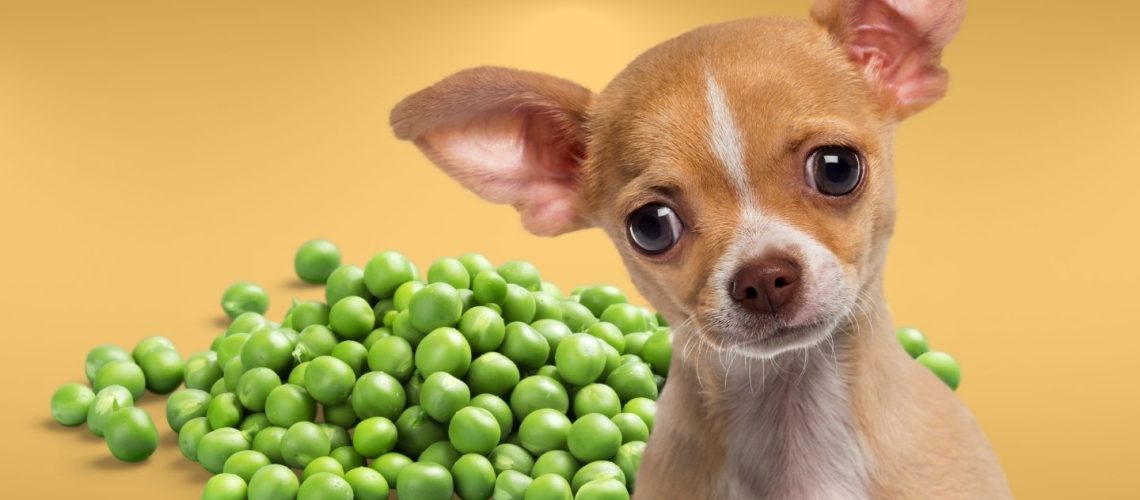Yes, dogs can eat peas in moderation. Peas are a healthy, low-fat source of protein and fiber for dogs, and they can provide essential vitamins and minerals. However, it's important to feed peas to dogs as part of a balanced diet and avoid feeding them peas that have been seasoned with herbs or spices.
Nutritional Benefits of Peas for Dogs
Vitamins and Minerals in Peas
Peas are a good source of essential vitamins and minerals for dogs, including vitamins A, C, and K, as well as several important B vitamins. They also contain iron, zinc, and manganese.
Protein and Fiber Content
Peas are rich in both protein and fiber, making them a nutritious addition to your dog's diet. Protein is essential for maintaining healthy muscles and supporting growth, while fiber promotes healthy digestion and bowel movement.
Low-Calorie and Low-Fat Treat Option
Peas are low in fat (<1%) and calories (81 calories in 100 grams), making them a healthy treat option for dogs who need to maintain a healthy weight.
How to Serve Peas to Dogs
Determining the Right Amount for Your Dog
The amount of peas that a dog can eat depends on their size, age, and activity level. As a general rule, peas should not make up more than 10% of a dog's daily caloric intake.
Cooked vs. Raw Peas
Peas can be fed to dogs cooked or raw. Cooked peas are easier to digest, and they can be mashed or pureed for dogs who have trouble chewing. Raw peas should be washed and shelled before feeding them to dogs.
Preparing Peas for Your Dog
When preparing peas for your dog, always ensure they are clean and free of any additives or seasonings. You can steam, boil, or even microwave them until they are soft and ready to serve.
Possible Risks of Feeding Peas to Dogs
Allergic Reactions
Some dogs may be allergic to peas, which can cause symptoms like vomiting, diarrhea, and skin irritation. If your dog shows any of these signs after consuming peas, consult your veterinarian.
Seasonings and Additives to Avoid
It's important to avoid feeding dogs peas that have been seasoned with herbs, spices, or other ingredients that may be toxic to dogs. Always serve plain peas without any added flavorings or preservatives.
Choking Hazards and Proper Feeding Techniques
Be cautious when feeding peas to small dogs or those with difficulty chewing, as whole peas may pose a choking risk. In such cases, mash or puree the peas before serving.
Alternative Vegetables for Dogs
If your dog doesn't like peas or has an allergic reaction, there are other healthy vegetable options to consider, such as:
Green Beans
These are low in calories and high in fiber, making them a great alternative to peas.
Carrots
Carrots are a good source of vitamin A, and they can help support healthy eyes and skin.
Sweet Potatoes
High in dietary fiber and vitamins, sweet potatoes are a nutritious option for dogs.
Brussels Sprouts
These nutrient-dense vegetables are rich in vitamins and antioxidants, but should be served in moderation due to their potential to cause gas.
Conclusion
In conclusion, dogs can eat peas in moderation as part of a balanced diet. Peas are a healthy, low-fat source of protein and fiber for dogs, and they can provide essential vitamins and minerals. However, it's important to feed peas to dogs in moderation and avoid feeding them peas that have been seasoned with herbs or spices. Offering alternative vegetables like green beans, carrots, sweet potatoes, and Brussels sprouts is also a great way to add variety and nutrition to your dog's diet.











